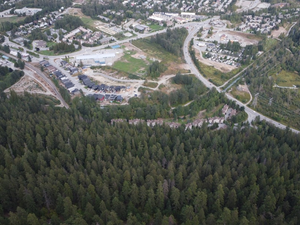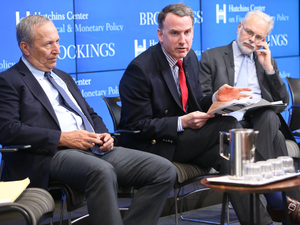California's Housing Crisis: A Numbers Game Nobody Can Solve

Photo by Arno Senoner on Unsplash
California’s housing shortage is a complex puzzle that even experts can’t seem to agree on. With estimates ranging from 56,000 to 3.5 million missing housing units, the state finds itself in a challenging predicament that affects millions of residents.
State lawmakers and policymakers have been working overtime to address this issue, passing significant legislative reforms like shielding apartment developments from environmental litigation and permitting denser development near major public transit stops. Despite these efforts, the core problem remains: how many homes does California actually need?
Different organizations have proposed wildly different numbers. The Legislative Analyst’s Office calculated a shortage of 2.7 million units in 2015, while McKinsey suggested 3.5 million. More recent estimates from Up For Growth and Freddie Mac put the number closer to 820,000-840,000 units.
What makes these calculations so challenging? Defining a “housing shortage” isn’t as straightforward as it sounds. Researchers must consider factors like vacancy rates, potential “pent-up” demand, and regional variations. Some organizations, like California Housing Partnership, focus specifically on affordable housing for low-income residents, highlighting that the shortage isn’t just about quantity but accessibility.
Experts like Daniel McCue from Harvard’s Joint Center for Housing Studies argue that the precise number matters less than recognizing the massive scale of the problem. “Whether it’s one-and-a-half million or five-and-a-half million, these are big numbers,” McCue notes. “There’s so much to do. There’s so far to go”.
The state government itself acknowledges the complexity, using an eight-year planning cycle to estimate housing needs. Their latest estimate suggests a requirement of 2.5 million additional units, accounting for population growth, overcrowding, and residents spending excessive income on housing.
As California continues to grapple with this ongoing challenge, one thing remains clear: solving the housing crisis will require innovative thinking, collaborative policy-making, and a commitment to creating accessible, affordable housing for all residents.
AUTHOR: mp
SOURCE: Local News Matters





















































